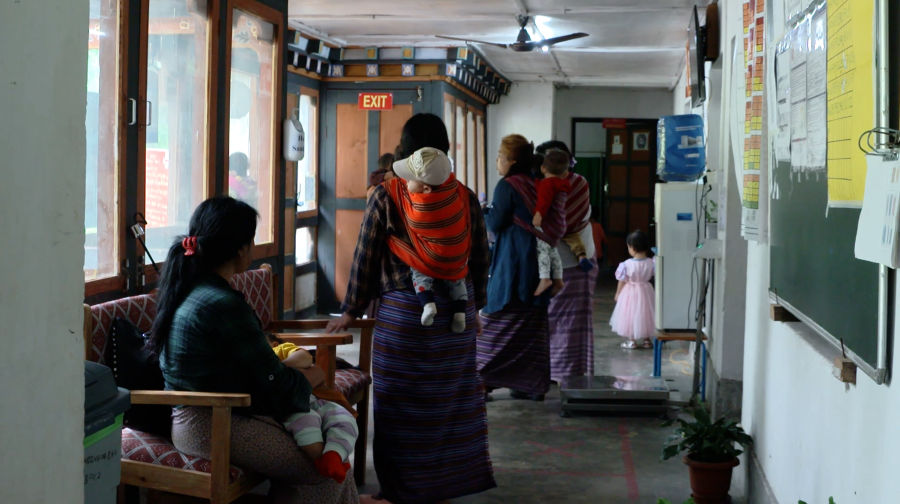
In the 1980s, the average Bhutanese woman had six children. Today, it’s less than two. Worried about the declining fertility rate, the government is stepping in with cash incentives for parents. In the upcoming financial year, the government has set aside Nu 31.5 M for the plan. Under the third child policy, mothers will receive Nu 10,000 every month for their third child and above until the child turns three.
Many couples now prefer smaller families, believing one or two children are sufficient. According to news reports, working parents often struggle with time constraints and childcare responsibilities, citing a shortage of reliable domestic help and quality childcare services.
And many young couples choose to move abroad, further influencing family planning decisions. The Prime Minister has rightly called it an existential crisis.
The government has pledged to reverse the declining fertility rate by implementing the third-child policy.
The Lingmukha-Toedwang MP questioned the finance minister for an update on the policy. The minister said it is still a work in progress.
Lekey Dorji, Finance Minister said “A replacement fertility rate of at least 2.2 children per woman is required, and we are concerned. In this financial year, the health ministry, with support from JICA through the World Bank, is providing Nu 1500 per hospital visit to women living in rural areas.”
The finance minister also shared that families will now enjoy bigger tax deductions based on the number of children they have.
“We will offer a tax deduction of Nu 1,000 for the first child, Nu 1,250 for the second, Nu 5,000 for the third, and Nu 10,000 for each child after that. Parents of children with disabilities will get an annual deduction of Nu 40,000.”
Meanwhile, the Kengkhar-Weringla MP Dorji Wangmo raised concerns that cash support alone may not be enough.
“The minister mentioned tax deductions for parents which will benefit them. However, as most couples work these days, they struggle to look after their children. The cost of raising a child is also a lot.”
In response, the finance minister said the government is also working to improve childcare facilities and support working parents.
All these efforts, he said, are part of the bigger goal to help families grow and address Bhutan’s falling fertility rate.
Deki Lhazom
Edited by Tandin Phuntsho








